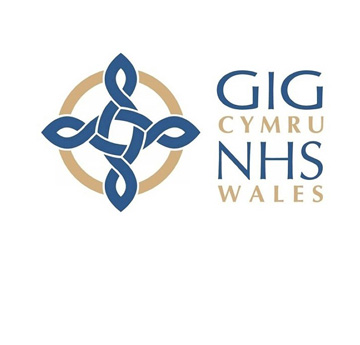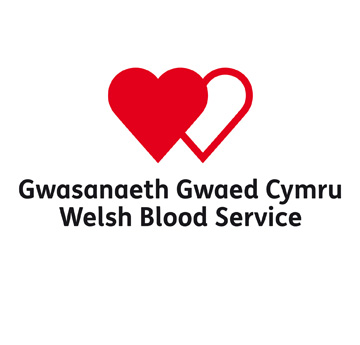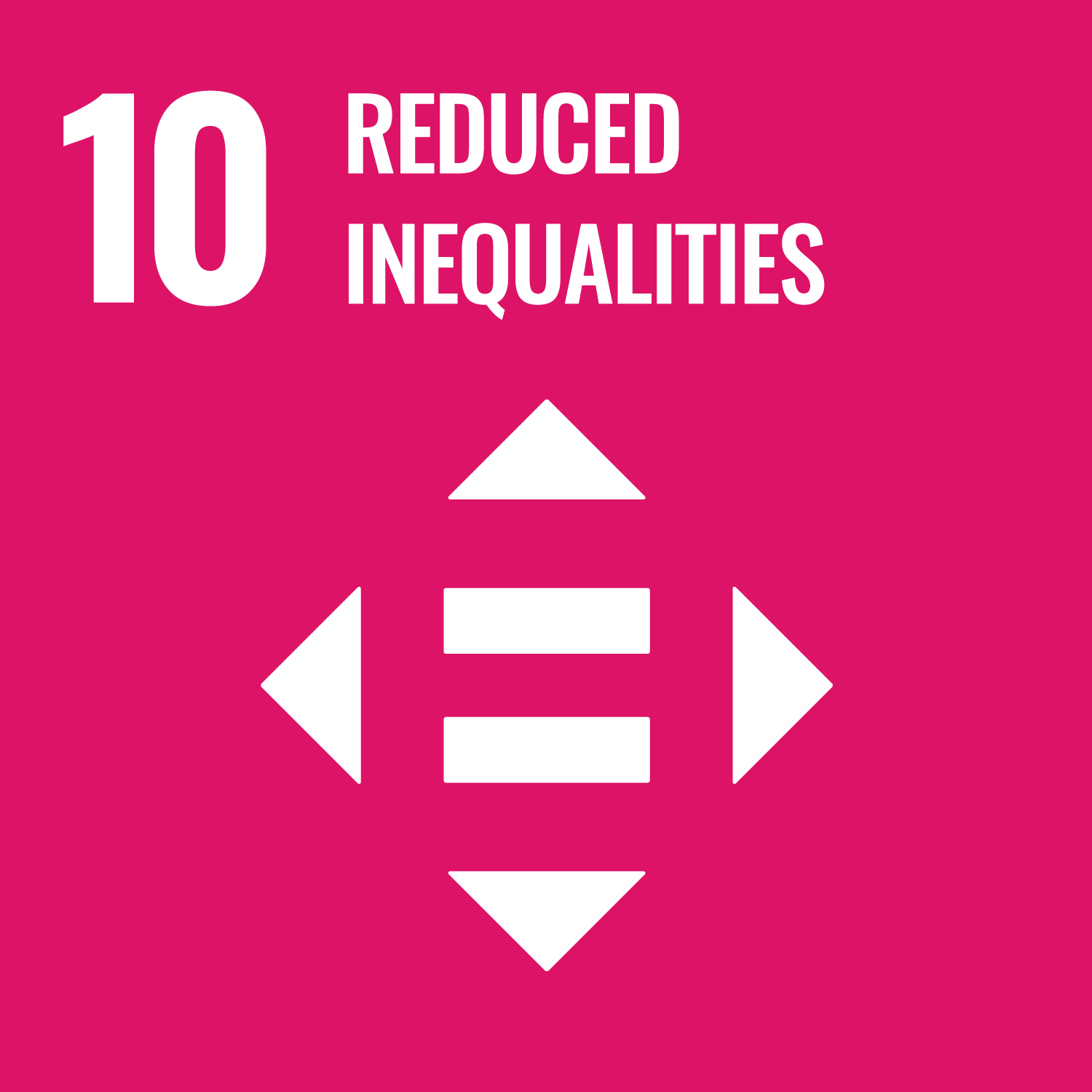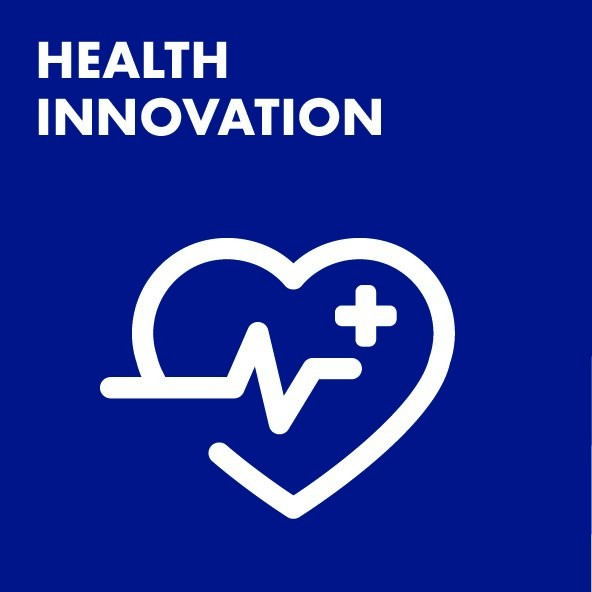The Challenge
Swansea University’s School of Management’s research team was granted access to the Welsh Blood Service (WBS) to apply and develop lean working methods across the organisation. An organisation that adopts lean ways of working will make the best use of the available time and resources, resulting in the minimisation (or even elimination) of waste. The result is the uninterrupted flow of donations to recipients.
The Method
The research team considered the whole NHS system from a patient journey perspective (from initial contact to diagnostics, interventions, care, etc.) and identified the key processes of the supply of blood and organ donations to the NHS as important areas to study. This work led to a partnership that was developed with the Welsh Blood Service which provided further opportunity for applied research and the co-design of improvement activities.
The Impact
As a result of this research, the Welsh Blood Service has engaged with a wide range of service delivery improvements including:
- the reconfiguration of workspace to make gains in process time;
- the digitisation of forms which has saved both time and money;
- improvements to standard operating procedures whilst maintaining high levels of safety and quality control;
- the creation of ergonomically-designed physical workspaces that contain all of the equipment required by the lab technicians in one place (cellular ‘pod’ working).
- training and knowledge transfer with staff.
The Welsh Blood Service and School of Management research team also helped to develop mapping tools (which, to date, have been used by WBS to map all operational processes) and created a suite of online modules for the European Blood Allowance (EBA). These modules are available to all EBA member bodies across the EU (40,000 professionals in the sector). Ultimately, this work has contributed to improved outcomes for patients and operational efficiencies.










